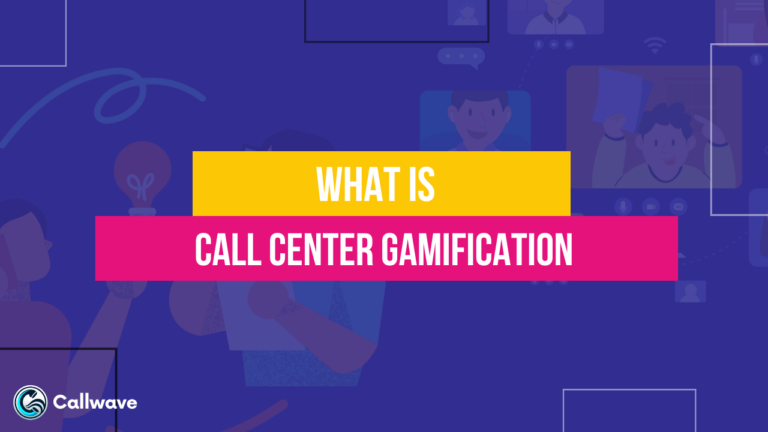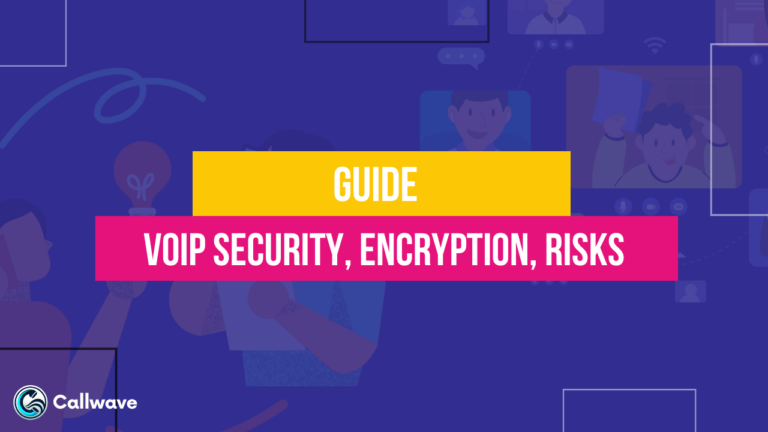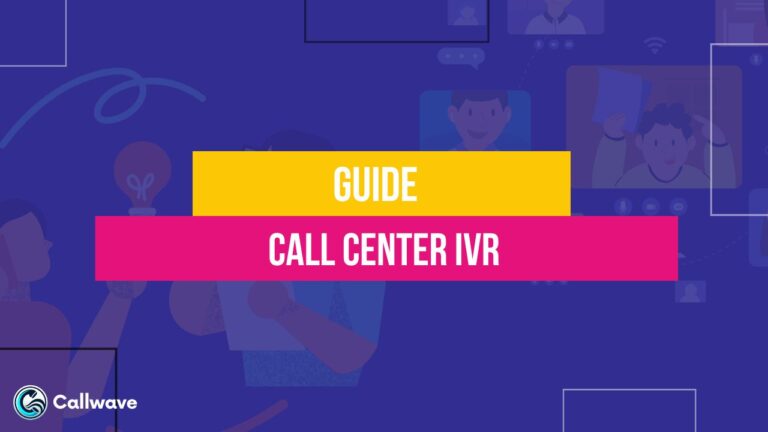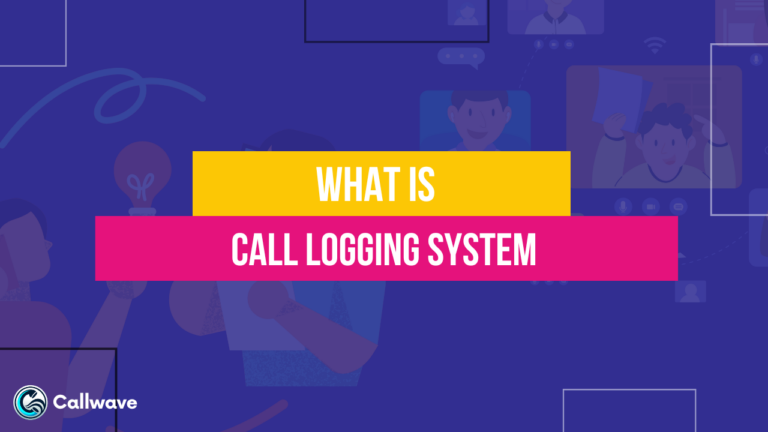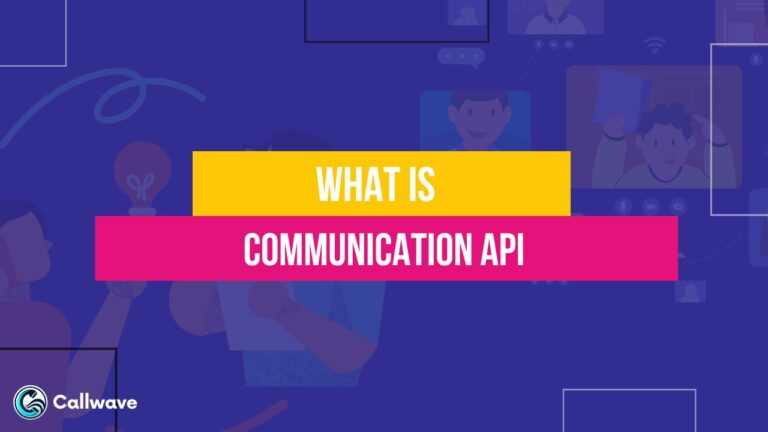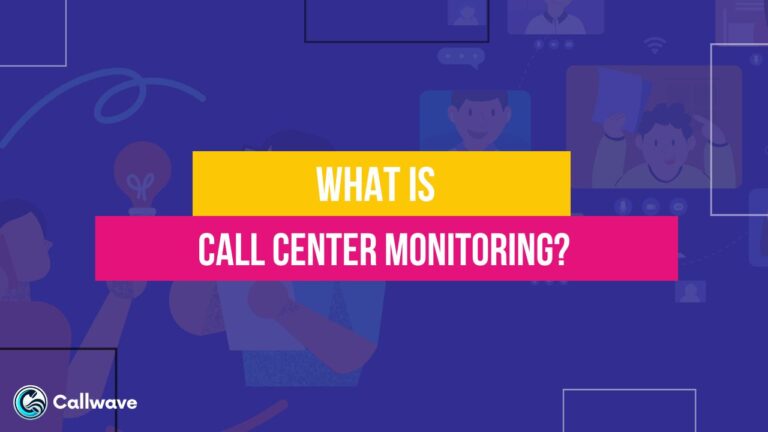Intelligent Call Routing is a smart system that helps direct incoming calls to the right person or department within a company. Instead of just ringing a general number, the system analyses the call and routes it based on certain criteria.
For example, let’s say you call a company’s customer service line. The Intelligent Call Routing system might ask you to state the reason for your call using voice prompts or touch-tone options.
Based on your response, like “Place an order” or “Request a refund”, it would then transfer your call to the appropriate department – sales or returns.
The system can also use caller ID to identify if you’re an existing customer and route you to the team that handles your account. Some systems even use speech recognition to pick up on keywords and direct calls accordingly.
The goal is to get customers to the right place quickly, without being passed around from person to person. It’s meant to provide a smoother, more efficient experience for both callers and businesses handling lots of incoming calls.
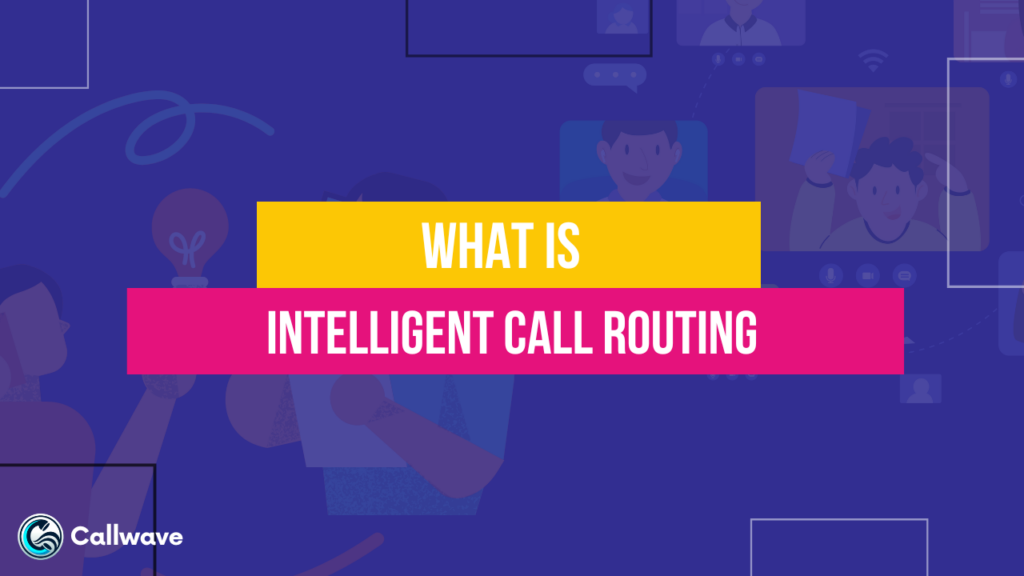
How Does Intelligent Call Routing Work?
Intelligent Call Routing systems rely on different technologies and data sources to analyse incoming calls and make smart routing decisions.
Here’s a breakdown of the typical process:
- Call Arrival When a call comes in, the system captures information like the caller’s phone number (if not blocked), and sometimes geographical location based on the area code.
- Interactive Voice Response (IVR) Many systems use an Interactive Voice Response system to gather more details from the caller through pre-recorded voice prompts like “Press 1 for sales, 2 for support…” or asking the caller to briefly state their reason for calling.
- Speech Recognition Advanced systems utilise speech recognition technology to interpret and make sense of the caller’s responses to the IVR prompts. This allows for more natural language interactions.
- Caller Identification If the phone number is recognized as an existing customer, the system can automatically pull up that customer’s account details and history.
- Data Analysis The system analyses all the data collected – caller details, voice responses, account info etc. It then matches this against a set of pre-defined routing rules or strategies.
- Routing Decision Based on the analysis, the system then decides the most suitable agent, team or department to route the call to. This could be based on criteria like language, product/service expertise, or current call volumes.
- Call Distribution Finally, the call is transferred or routed over to the chosen destination, sometimes while passing along key caller information to prepare the agent.
The overall goal is to expedite customers to the right resource on the first attempt using multi-factor data instead of making them navigate complex phone menus.
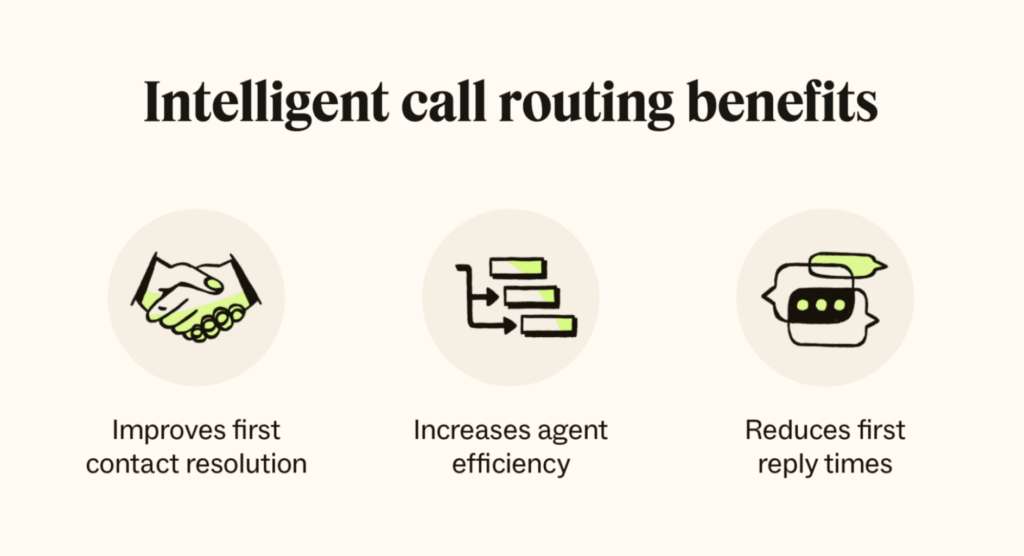
What type of data does Intelligent Call Routing use?
Intelligent routing uses three types of data to overcome these problems:
1. Caller Data:
This refers to information about the caller that the system can automatically capture, such as:
- Caller’s phone number (if not blocked)
- Geographic location based on area code
- Time/date of the call
- Type of device used to call (mobile, landline etc.)
This basic caller data can provide some initial context about the call even before any interaction.
2. Caller Input:
This is the information directly obtained from the caller during the call through methods like:
- Interactive Voice Response (IVR) system prompts
- Speech recognition of the caller’s responses
- Touchtone / keypad entries by the caller
The IVR can ask targeted questions like “Are you calling about an existing order?” or have the caller briefly state the reason for their call. This caller input data is crucial for routing.
3. Customer Historical Data:
For existing customers, the routing system can integrate with CRM databases and pull up valuable historical data such as:
- Previous interactions/purchases
- Account details and status
- Communications preferences
- Type of products/services they have
This historical context helps personalise the routing decision for loyal customers based on their profile and past issues.
The intelligent routing engine analyses all three data streams in real-time – caller details, current caller input, and any stored customer data. It then matches this information against pre-defined routing strategies and workflows.
The routing decision factors in criteria like:
- Caller language/location
- Issue/service type
- Customer status/value
- Agent skill-sets
- Current call volumes
This allows the system to automatically route each caller to the best suited agent or team to handle their specific need, without making them navigate through menus.
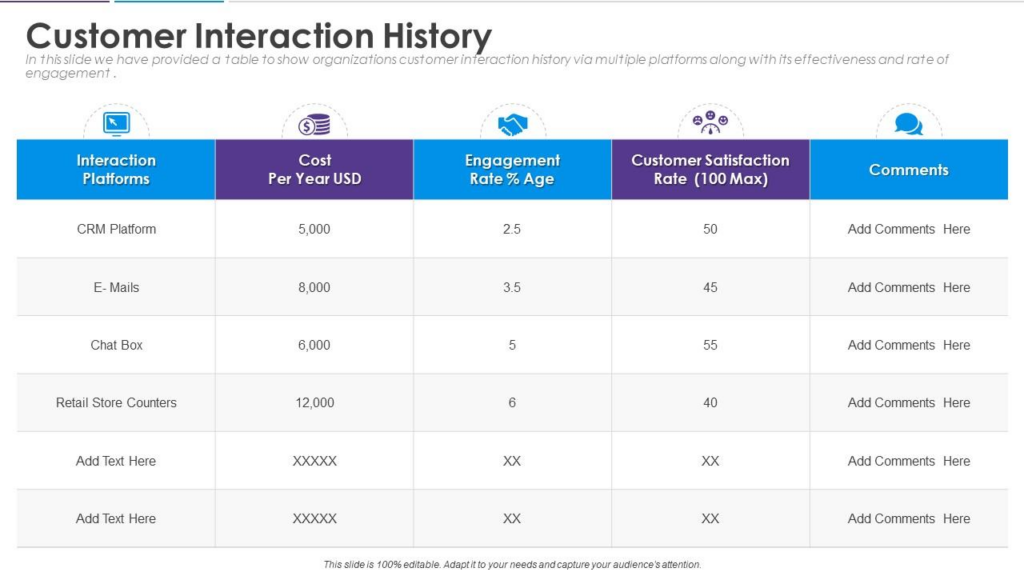
Do Call Centers Need Intelligent Routing?
Yes, call centers definitely need intelligent routing systems for managing the workload.
Here’s a detailed look at why intelligent routing is crucial for your business:
1. Improved Customer Experience
One of the primary reasons is to enhance the customer experience. Nobody likes being stuck in endless phone menus or having to repeat their issue to multiple agents.
With intelligent routing, customers can get to the right skilled agent much faster based on their specific needs. This reduces frustration and improves first-call resolution rates.
2. Increased Operational Efficiency
Call centers have to juggle large call volumes across different products, languages, and issue types.
Intelligent routing optimises how calls are distributed to agents based on their skills, availability and other factors. This ensures call traffic is load-balanced effectively across the team.
3. Resource Management
Call centers are under constant pressure to do more with less – handle more calls with fewer agents and resources.
Intelligent routing helps by automating the process of matching customers to the best suited agent.
It makes inefficient processes like hunting for the right agent or blindly transferring calls obsolete.

4. Compliance and Quality Adherence
In regulated industries like healthcare, finance etc., intelligent routing can enforce compliance rules. For example, routing certain call types only to agents with required certifications or language proficiency.
It also aids in adherence to quality standards by sending complex calls to more experienced agents.
5. Integration with Other Systems
Advanced routing systems can integrate with other data sources like CRMs, website interactions, order histories etc.
This context data allows for more personalized and intelligent routing decisions for better customer service.
6. Sales and Revenue Opportunities
For sales call centers, intelligent routing can detect potential high-value opportunities based on the caller profile or query details.
These calls can then be prioritized and routed to top sales agents for maximum conversion potential.
7. Real-Time Analytics and Monitoring
Most intelligent routing solutions come with robust reporting and analytics capabilities. This provides invaluable insights into call traffic patterns, bottlenecks, agent performance and more.
Call centers can then optimise staffing, training, routing strategies accordingly.
So in essence, intelligent call routing is critical for call centers to tame the chaos of call flows, make the best use of resources, maintain service standards, and deliver superior customer experiences consistently.
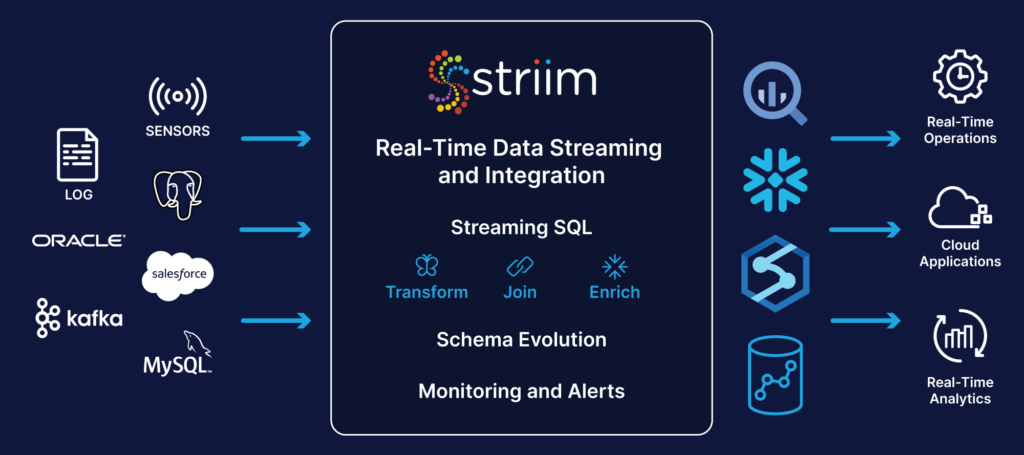
Strategies to improve customer service
1. Identify and overcome integration issues
Intelligent routing relies heavily on integrating with other systems like CRMs, order databases, etc. to access contextual data.
Any integration gaps can limit its effectiveness. Identify all potential data sources and work closely with IT teams to ensure seamless integration.
Make sure customer data is consistently passed through to agents. Test integrations thoroughly before rollout.
2. Monitor KPIs to measure impact
Don’t implement intelligent routing as a blind investment. Define clear KPIs like call handling time, first-call resolution, agent utilization, customer satisfaction scores etc.
Baseline these metrics before rollout. Then continuously track the impact of routing on these KPIs. This data-driven approach will help optimize strategies and justify ROI.
3. Do not lose focus on other initiatives
Intelligent routing cannot be the only customer service initiative. Even with smart routing, agents still need training, updated knowledge bases, clear processes, coaching and more.
Don’t ignore other crucial operations just because calls are being routed better. A holistic approach delivers the best experience.
4. Ensure your data quality is high
Intelligent routing is only as good as the data powering it. Regularly audit your customer data across integrated systems for accuracy and consistency.
Implement data cleansing and deduplication processes. Invalid/incomplete data can lead to poor routing decisions. Also, have a process to continuously enrich data for more contextual routing.
FAQs
Ques 1. What is smart call routing?
Ans: Smart call routing leverages data and rules to automatically direct incoming calls to the best suited agent or department.
Ques 2. What is intelligent skill based routing?
Ans: Intelligent skill based routing matches callers to agents based on specific skills like language, product knowledge, certifications etc.
Ques 3. What are the types of call routing?
Ans: Common call routing types include skills-based, priority, data-directed, time-based, geographic, and round-robin routing.
Ques 4. What is intelligent routing in Microservices?
Ans: Intelligent routing in microservices involves dynamically routing requests to the appropriate service instance based on factors like load, availability, location etc.

